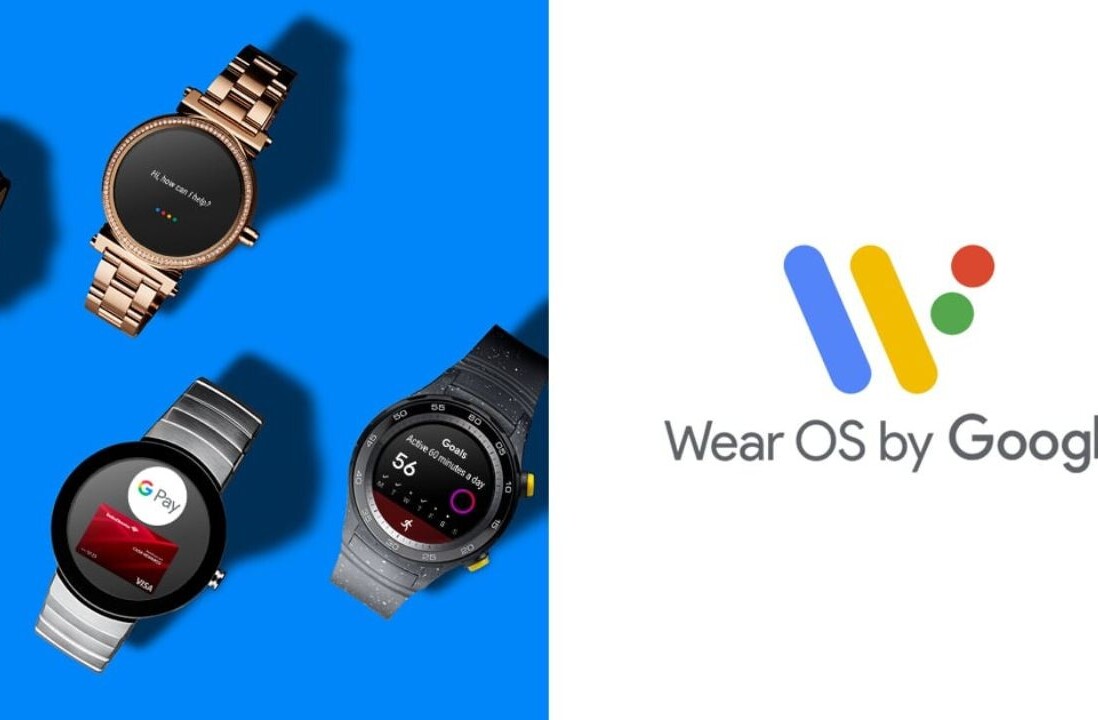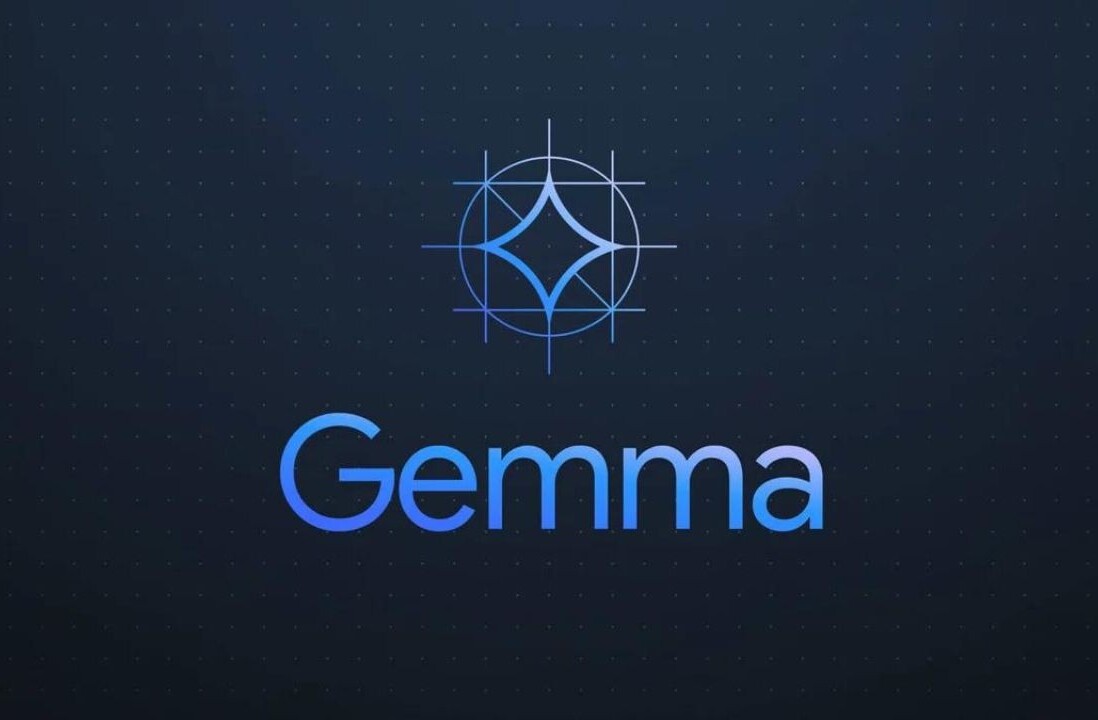
 Amidst the big news from its mobile conference, Google has pushed out a blog post arguing why claims that reports of how it is now evil and completely against net neutrality have been greatly exaggerated. This comes after its initial policy recommendation, which was met with widespread disapproval.
Amidst the big news from its mobile conference, Google has pushed out a blog post arguing why claims that reports of how it is now evil and completely against net neutrality have been greatly exaggerated. This comes after its initial policy recommendation, which was met with widespread disapproval.
The whole thing sets up myths about Google’s net neutrality policy followed by what the facts are, and mostly Google is right. For example, under “Google has ‘sold out’ on net neutrality,” Google takes the time to remind interested parties that Google has been and still is the biggest corporate voice for an open internet. Additionally, the company makes the very true point that its proposal would give the FCC far more authority to enforce open internet policies than it has now. Remember, the FCC lost its case against Comcast; right now it has basically no authority over the ‘net.
On the point of not calling for net neutrality to apply to wireless internet service, Google makes the only argument that it really can:
First, the wireless market is more competitive than the wireline market, given that consumers typically have more than just two providers to choose from. Second, because wireless networks employ airwaves, rather than wires, and share constrained capacity among many users, these carriers need to manage their networks more actively.
While far from unsubstantiated, there are key issues that Google simply does not bring up. For example, there are still a lot of parts of the US in which one really only can choose between Verizon or AT&T. Why is this? Because the mobile data offerings from Sprint and T-Mobile are still weak. Both companies are working to beef up their networks – Sprint with its WiMax and T-Mobile with its HSPA+, but these technologies are yet to be at all widespread.
On the issue of “cannabilizing” the open internet, Google makes one very good point, which is that any non-internet network services “must be ‘distinguishable in purpose and scope’ from Internet access, so that they cannot over time supplant the best effort Internet.” Now this is an interesting stipulation as it does assuage a lot of fears that people have. This safeguard would, for example, make it so that providers could not cut deals with content companies to give them the equivalent of priority access.
Still, the idea that net neutrality on wireless is somehow not a basic tenant of Google’s philosophy of openness is unnerving. There are far simpler ways around overusing wireless infrastructure that don’t involve arbitrarily restricting the web. For example, a provider could write into its policies that it’ll throttle users after a cap, which is what T-Mobile does now (and it’s a pretty generous 10 GB cap at that). I, and I think I speak for a lot more people than just myself here, do not want wireless providers to be able to block certain content with impunity.
Get the TNW newsletter
Get the most important tech news in your inbox each week.





